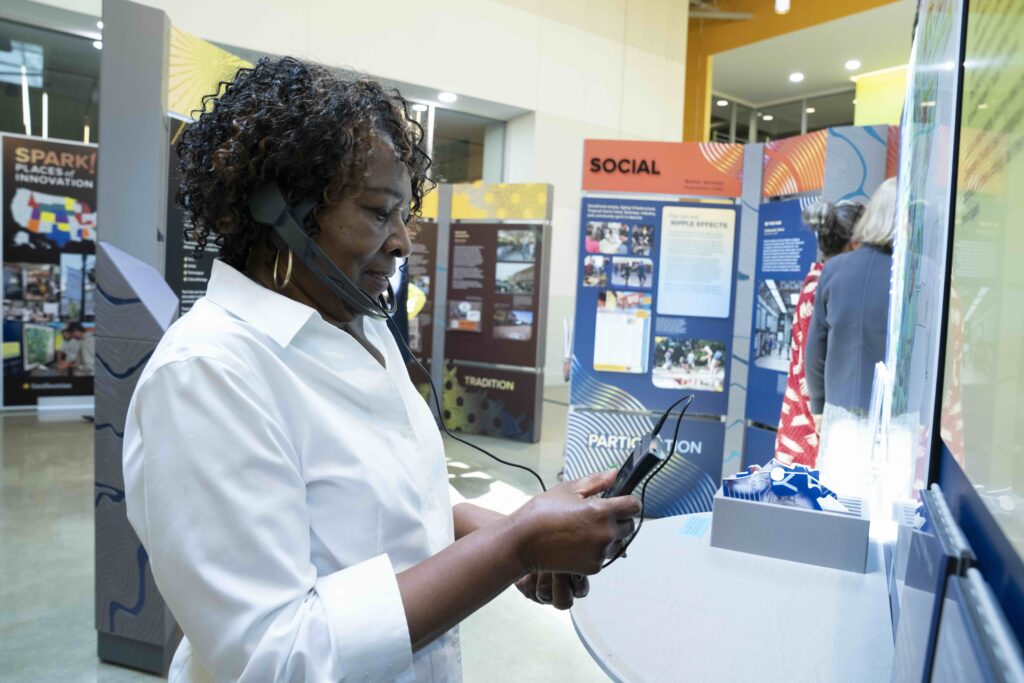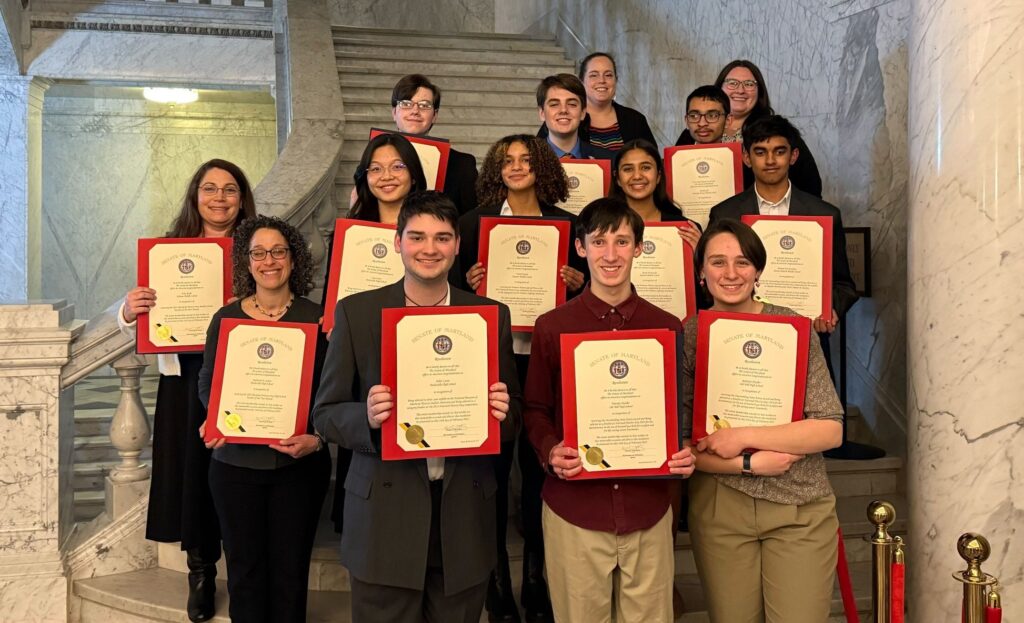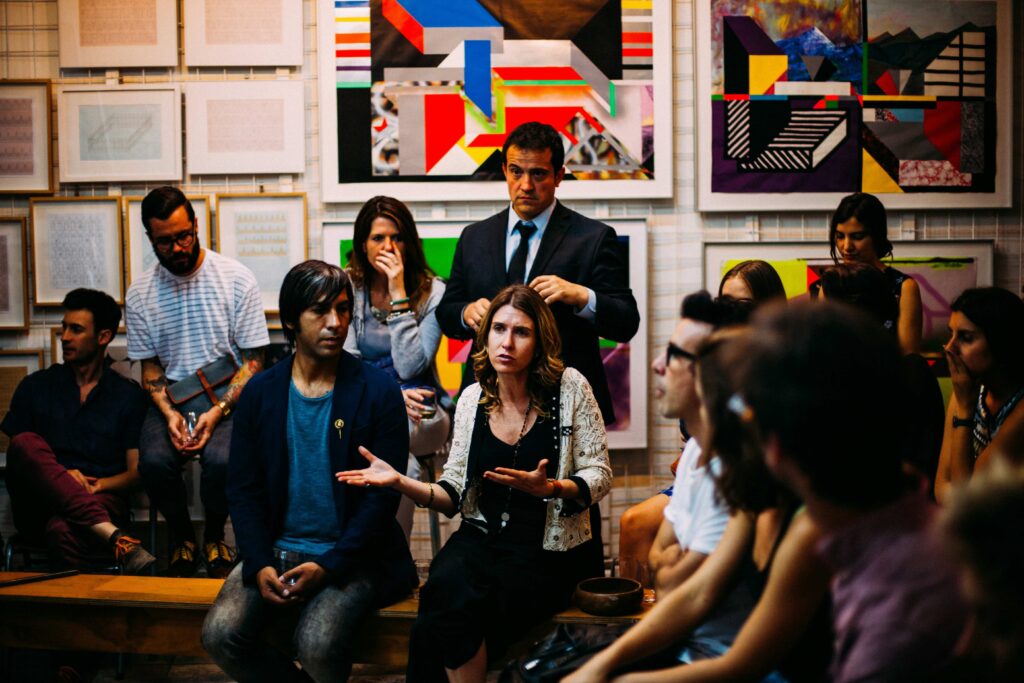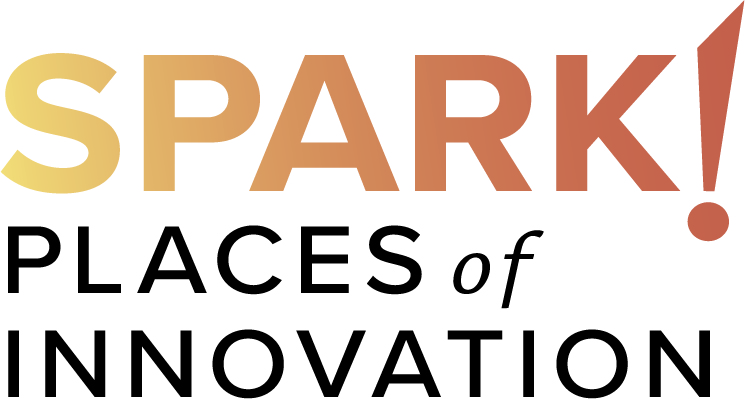Inspired
Enriching communities through innovative programs that promote lifelong learning and foster a love for people, cultures, and places. Join us in transforming lives through the power of the humanities!
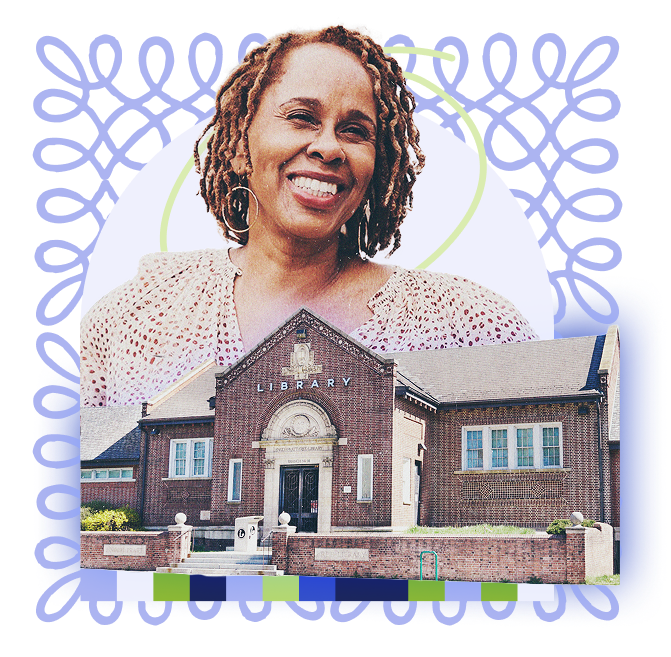
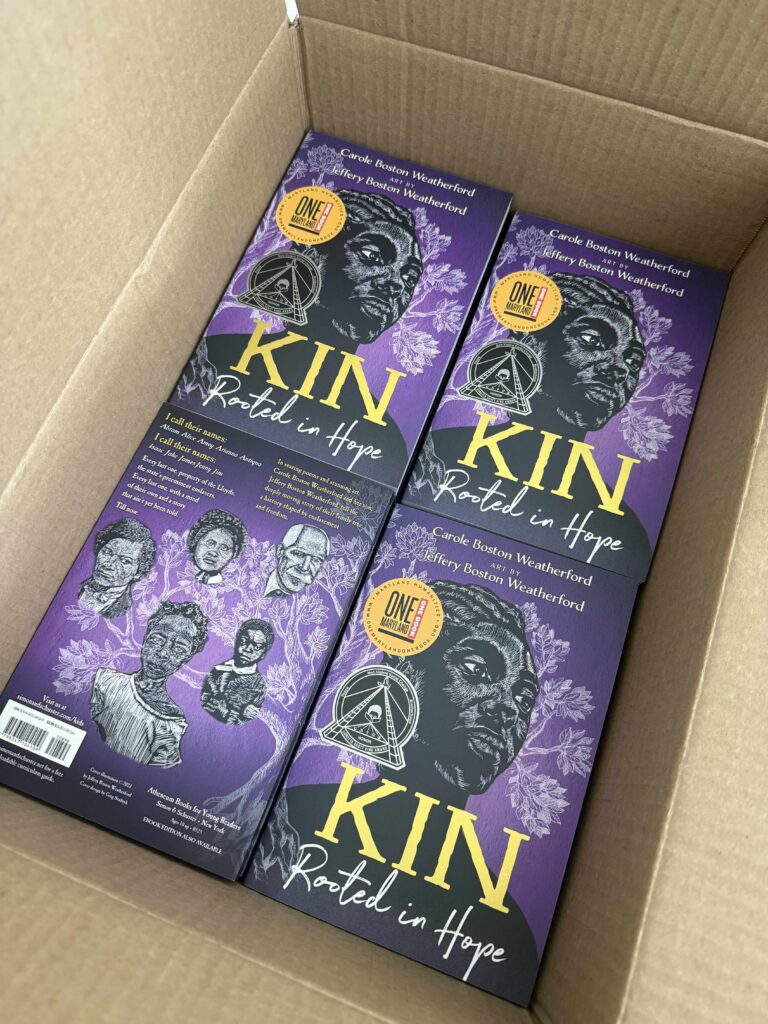
2025
One Maryland One Book
Encouraging a love of reading and a deeper sense of community, One Maryland One Book is like a statewide book club. Every Marylander is invited to participate through one of the hundreds of events happening around the state.
Museum on Main Street – Spark!
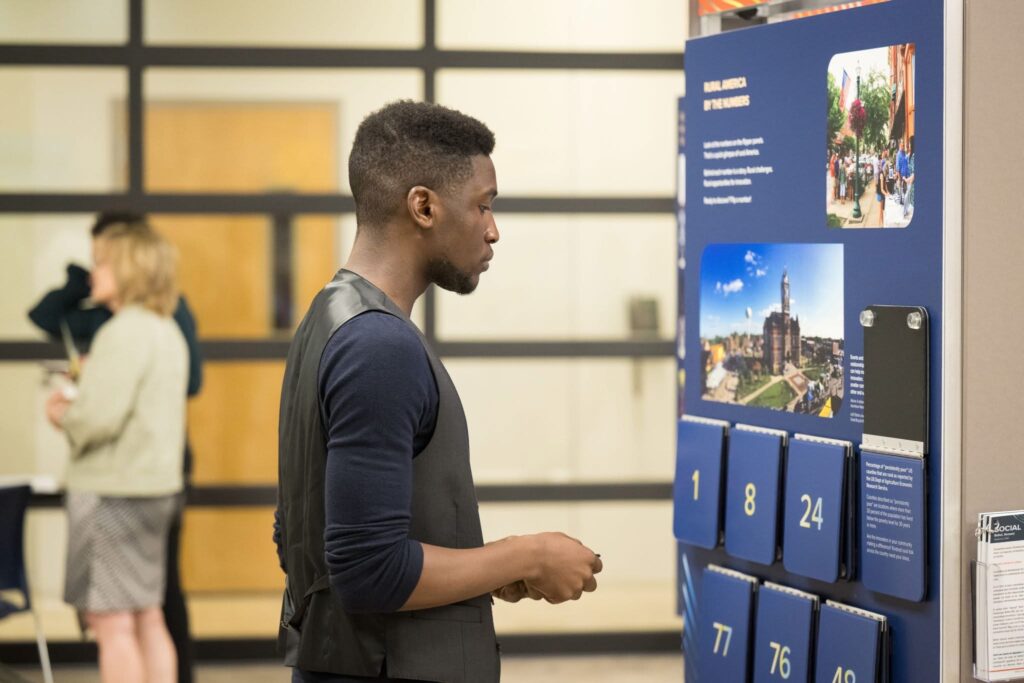
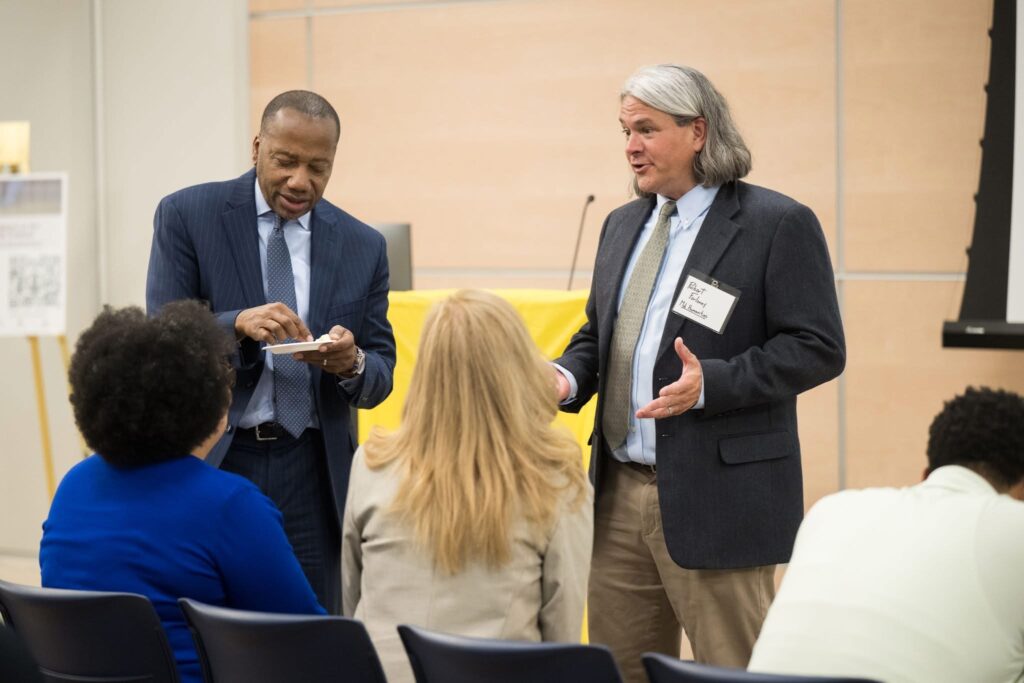
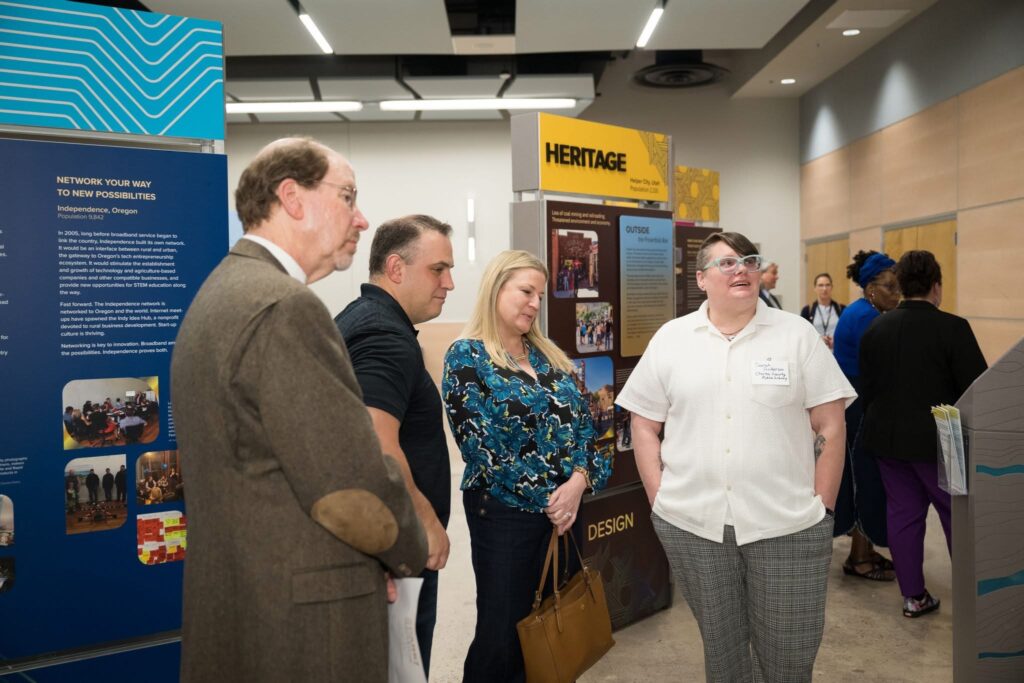
Join us starting May 17, 2025 – March 1, 2026 for Spark! Places of Innovation. This traveling exhibit is in partnership with the Smithsonian Institution and features multimedia stories of how communities come together to solve problems. The tour will visit six sites in different regions throughout Maryland. Click on the link below to learn more about where Museum on Main Street will be next, and how you can see this exhibit!
Join us and support our cause today!
We’re a statewide, educational nonprofit organization that creates and supports bold experiences that explore and elevate our shared stories to connect people, enhance lives, and enrich communities.
Get Involved
Find an event online or near you.

